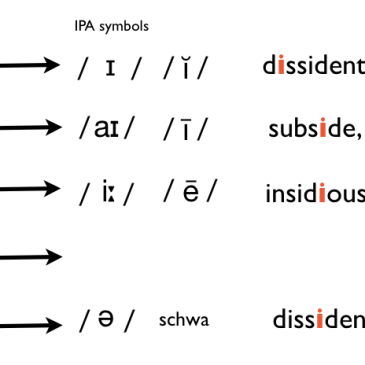Bonus Chapter One: Where Did That Letter Go?
December 2023. Since publishing Beneath the Surface of Words almost two years ago, I’ve continued to give talks, work with educators, and develop my own understanding of the ideas that are presented in the book. One particular topic comes up repeatedly, and I’ve written a bonus chapter to discuss it. If you have my book, … More Bonus Chapter One: Where Did That Letter Go?

